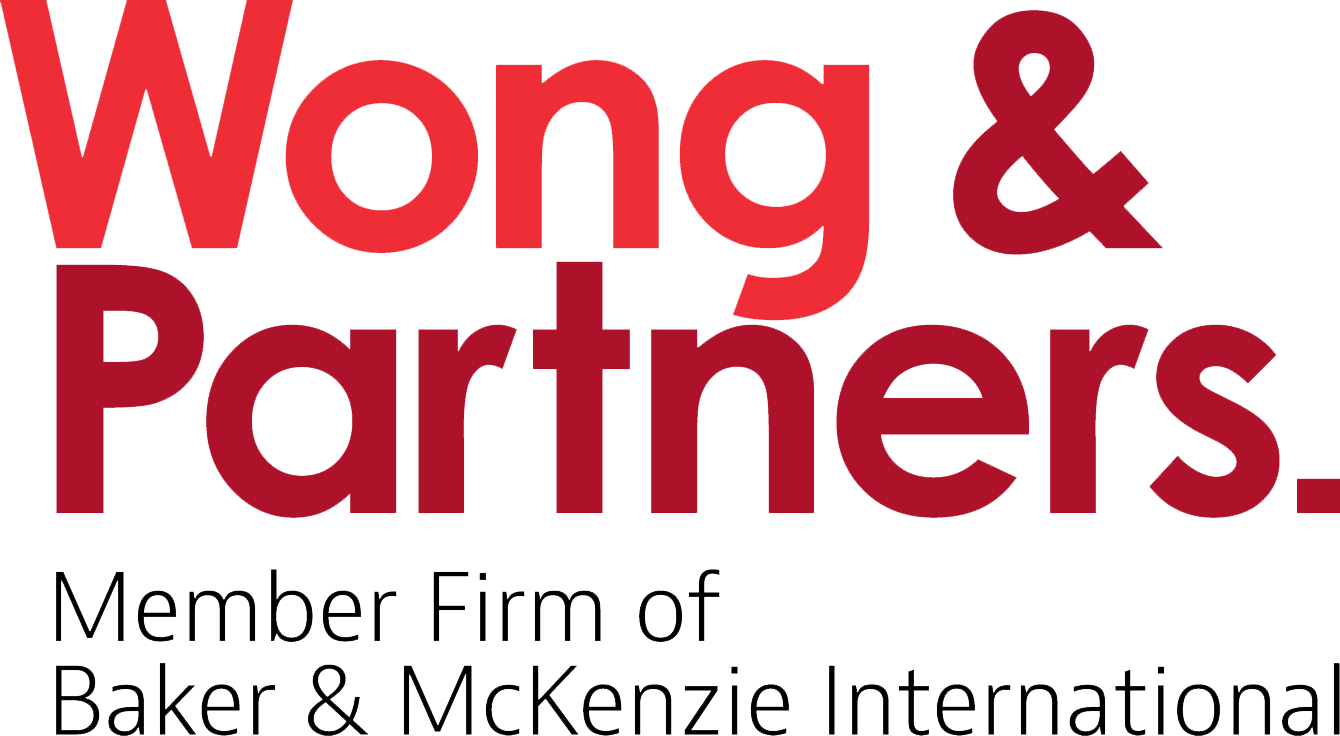In brief
Following the public consultation held in late 2021 on proposed changes to the Malaysian Communications and Multimedia Content Code (“Content Code“), the Communications and Multimedia Content Forum of Malaysia (“Content Forum“) has now issued the revamped version of the Content Code effective from 30 May 2022.
In more detail
Issued pursuant to the Malaysian Communications and Multimedia Act 1998 (“CMA“), the Content Code applies to all content over the electronic networked medium such as broadcasts on the television, the radio and the internet.
Despite being a voluntary industry code, the Complaints Bureau of the Content Forum (with whom members of the industry and the public may lodge complaints) may impose fines up to RM 50,000 (~USD 11,500) for any breach of the Content Code. Additionally, the CMA provides that compliance with the Content Code provides a defence against any legal proceeding concerning any matter dealt with in the Content Code.
The new Content Code was registered on and became effective from 30 May 2022. It retains most of the amendments proposed in the earlier public consultation paper. The key changes introduced in the new Content Code as compared with the previous Content Code are as follows:
- Online service providers: Certain specific online guidelines in the Content Code now apply to online service providers, covering all content initiated, uploaded, disseminated or made available online in Malaysia. The express exclusion of over-the-top (OTT) content service providers from the scope of the online guidelines, as proposed in the public consultation paper, is not included in the new Content Code.
- Online marketplace operators: Advertising guidelines under the Content Code are extended to operators of online marketplaces. The proposed definition of “online marketplace operator” has been widened to include authorised individuals, groups or companies who market their products or services at an online marketplace.
- Influencer marketing: Advertisements featuring influencers who are paid to endorse certain products or services of the advertiser must be clearly disclosed as such, so that influencer marketing is not used as a tool to mislead consumers. The new Content Code also recognises the concept of “virtual influencers” who are computer generated characters or avatars who have realistic characteristics, features and personalities of humans and behave in a similar manner as influencers.
- Children and advertising: A host of new prohibitions, restrictions and requirements are introduced for advertisements addressed to or targeting children i.e., those below the age of 18 (rather than 13 as proposed in the public consultation paper). For instance, direct exhortation to a child to buy an advertised product or to persuade their parents to buy an advertised product for them is prohibited.
- Alcohol advertising: Advertisements on intoxicating liquor communicated over electronic mediums (except television and radio) are allowed, subject to specific requirements and restrictions.
- Advertising claims, testimonials and pricing: Further requirements and restrictions in connection with advertising claims, testimonials and pricing are introduced to enhance consumer protection. For example, material information shall not be omitted or presented in an unclear, unintelligible, ambiguous or untimely manner that may likely mislead consumers.
- Indecent content: The restrictions against content on nudity under the previous Content Code are loosened so as to allow non-sexual depiction of nudity based on art, information and/or science which shall not be excessive or explicit in nature.
- Accessibility: Reasonable accommodations shall be made to deliver any content intended for the general public in accessible formats and technologies appropriate for persons with disabilities, including providing accessible broadcast services in news programmes e.g., offering a sign language version of the audio.
- Advertising by gambling/betting company: The charitable arm of a licensed gambling/betting company is allowed to provide messages on corporate social responsibility campaigns and public service announcements, provided that the specific guidelines in this regard are observed.
- Religion: Use of religion in advertisements is generally prohibited unless allowed by law e.g., Halal certification and Islamic banking. There are specific broadcasting requirements for all religious content on Islam.
Given the substantial changes introduced by the new Content Code, online content providers and advertisers should consider the implications of these changes on their business and advertising practices.
* * * * *

This client alert was issued by Wong & Partners, a member firm of Baker McKenzie International, a global law firm with member law firms around the world. In accordance with the common terminology used in professional service organizations, reference to a “partner” means a person who is a partner or equivalent in such a law firm. Similarly, reference to an “office” means an office of any such law firm. This may qualify as “Attorney Advertising” requiring notice in some jurisdictions. Prior results do not guarantee a similar outcome.



